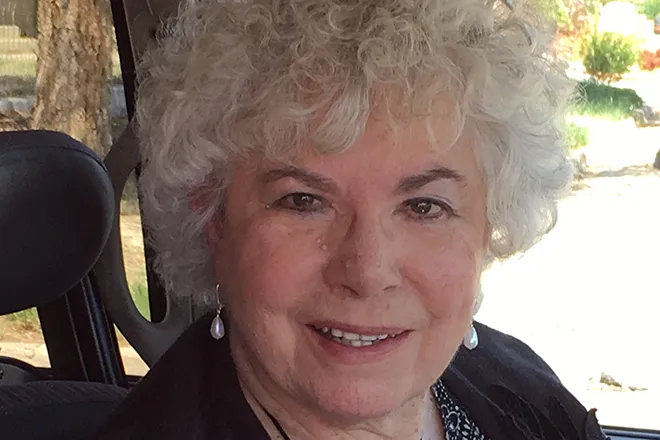
EarthTalk – How can oil companies stay relevant as the number of EVs increases?
© iStock
Dear EarthTalk:
It seems to me that oil companies could stay relevant in the age of electric vehicles by offering high-speed electric charging (as well as gas) at their filling stations. Are any of them moving in this direction?
Bill A., Poultney, VT
While it goes against the business model of an oil company to promote a competing technology (electricity), the big players have all seen the writing on the wall as demand for electric vehicles (EVs) surges of late. Shell, BP, Chevron and others are starting to embrace giving customers other options besides gasoline fill-ups in an attempt to retain loyalty regardless of which type of drivetrain rolls in.
Royal Dutch Shell started to go big in EV charging in 2017 with the acquisition of NewMotion, Europe’s largest EV charging network with more than 30,000 nodes and a customer base topping 80,000 EV drivers. Subsequently, Shell inked a partnership with Ionity, the EV charging technology/network created in partnership with BMW, Mercedes, Ford and Volkswagen to provide seamless EV-charging across Europe. Shell also rolled out its first few EV recharging nodes at existing refueling stations in the UK and Netherlands to test market demand, and a strong response has caused Shell to expand the program.
In 2019, Shell started implementing EV charging in the U.S. with the acquisition of Greenlots, a California-based provider of EV charging and energy management software and the installation of its first U.S.-based EV charging station at Logan Airport in Boston, Massachusetts.
And just this past summer, Shell launched its RechargePlus program in California with plans to deploy EV charging infrastructure at commercial, retail, public and government locations as well as at multi-unit residential dwellings across the state. EV enthusiasts are optimistic that Shell continues to develop its EV charging infrastructure given the company’s huge retail reach of 25,000 filling stations globally.
Not one to be left behind, rival UK-based oil giant BP got serious about EV charging in 2018 with the acquisition of Chargemaster, the UK’s largest EV charging network, and major investments in U.S.-based FreeWire Technologies, which develops EV fast chargers, and Israeli EV-battery developer StoreDot. Within a year, BP opened the first BP-branded charging station in the UK, and the company plans to roll out dozens more in the next few years.
U.S.-based Chevron is also getting in on things. Last year Chevron installed EV charging nodes at five of its retail gas stations in California in partnership with EVgo, an EV charging network already spanning 34 U.S. states. As demand for EVs surge, expect Chevron to incorporate EVgo charging systems in many more of its stations in and around major metropolitan areas where people tend to have electric cars.
For its part, ExxonMobil, America’s largest oil company, doesn’t seem particularly interested in EVs or EV charging. This past Fall its CEO Darren Woods was quoted as saying he “doesn’t get the point” about EVs when they “end up being charged by power generated from coal.” The point is EV drivers might want to look elsewhere for a recharge than an ExxonMobil station at least for the near future.

















